Marathon tips for beginners
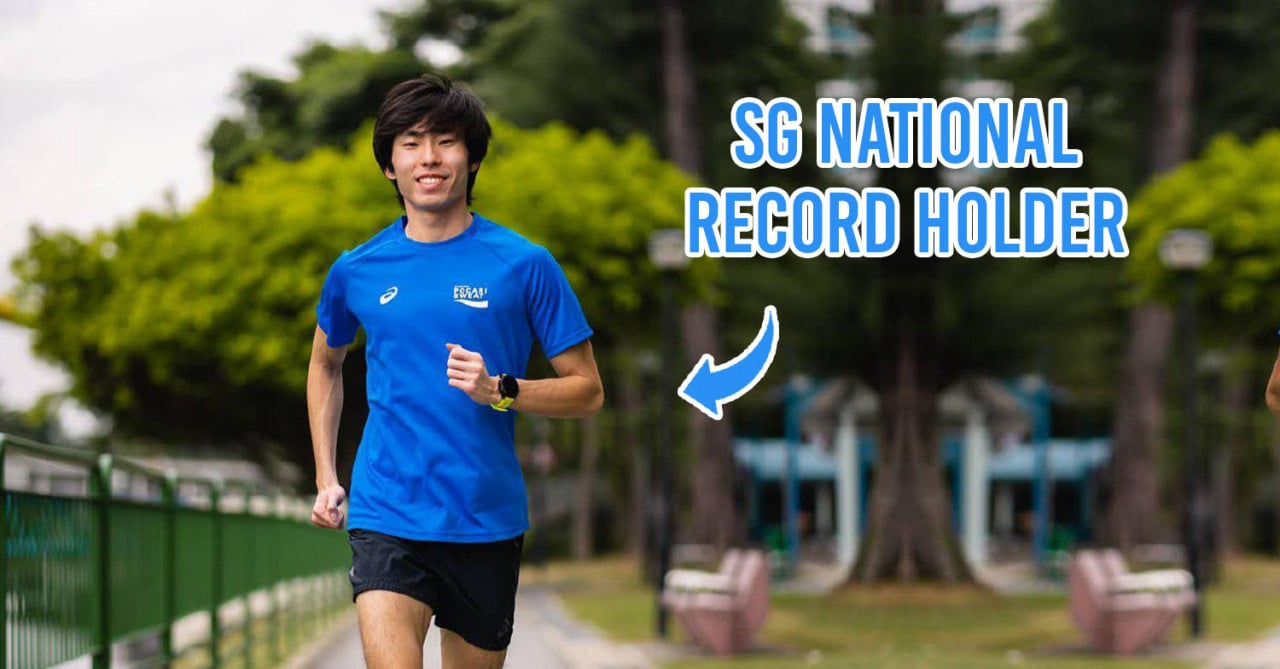 Image credit: @runsohfast
Image credit: @runsohfast
Running a marathon is like eating an expensive buffet. To get your money’s worth, you need to prep yourself way ahead of the big day, have a solid strategy, and be ready to challenge your physical limits.
Oh, and you shouldn’t push yourself too hard for both ‘cuz you might puke at the end of it.
To help you avoid the above mortifying situation, we talked to Soh Rui Yong, a SEA Games Gold Medalist and holder of 3 National Running Records. Rui Yong got his start on marathons back in 2014, and he started his running career shortly after representing Singapore at the 2015 SEA Games.
If you’re thinking about giving marathons a try, here are 7 running tips to help you nail your first attempt:
1. Avoid fried and processed foods
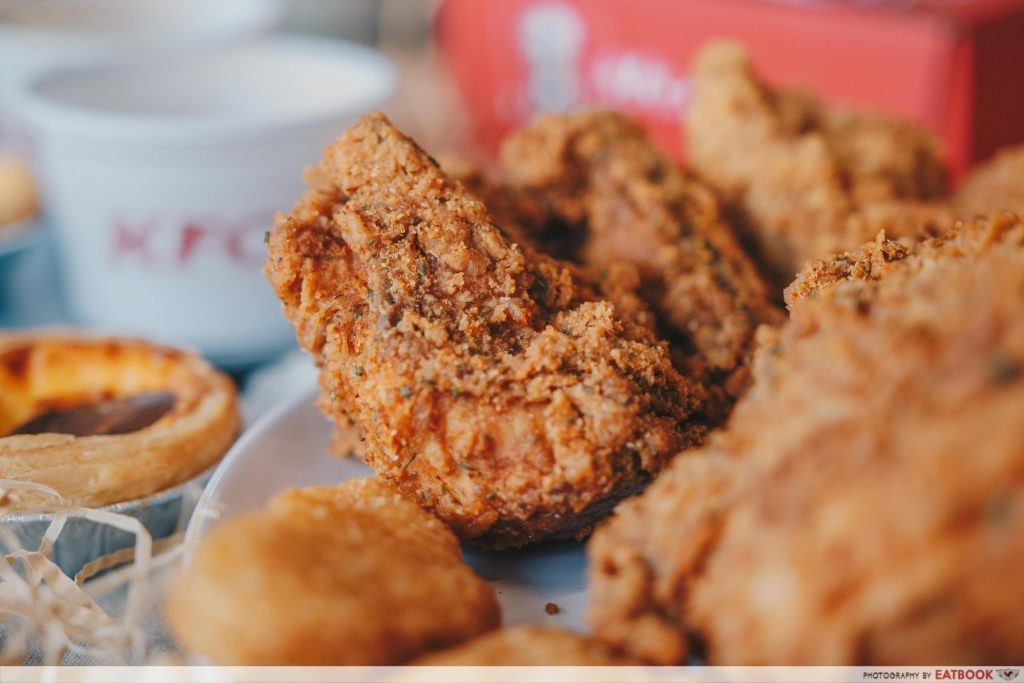 Image credit: Eatbook
Image credit: Eatbook
This might seem like such a duh thing to say, but many don’t realise how important it is to eat healthily. An occasional fried chicken here and there might be okay, but we gotta remember that food is essentially fuel for your body – load it up with junk and your body won’t perform efficiently.
Rui Yong recommends sticking to more nutritious foods like veggies and fish. Take note to consume carbs too, because that’s what your body’s gonna be burning while you’re working out.
2. Recover with massages and ice baths
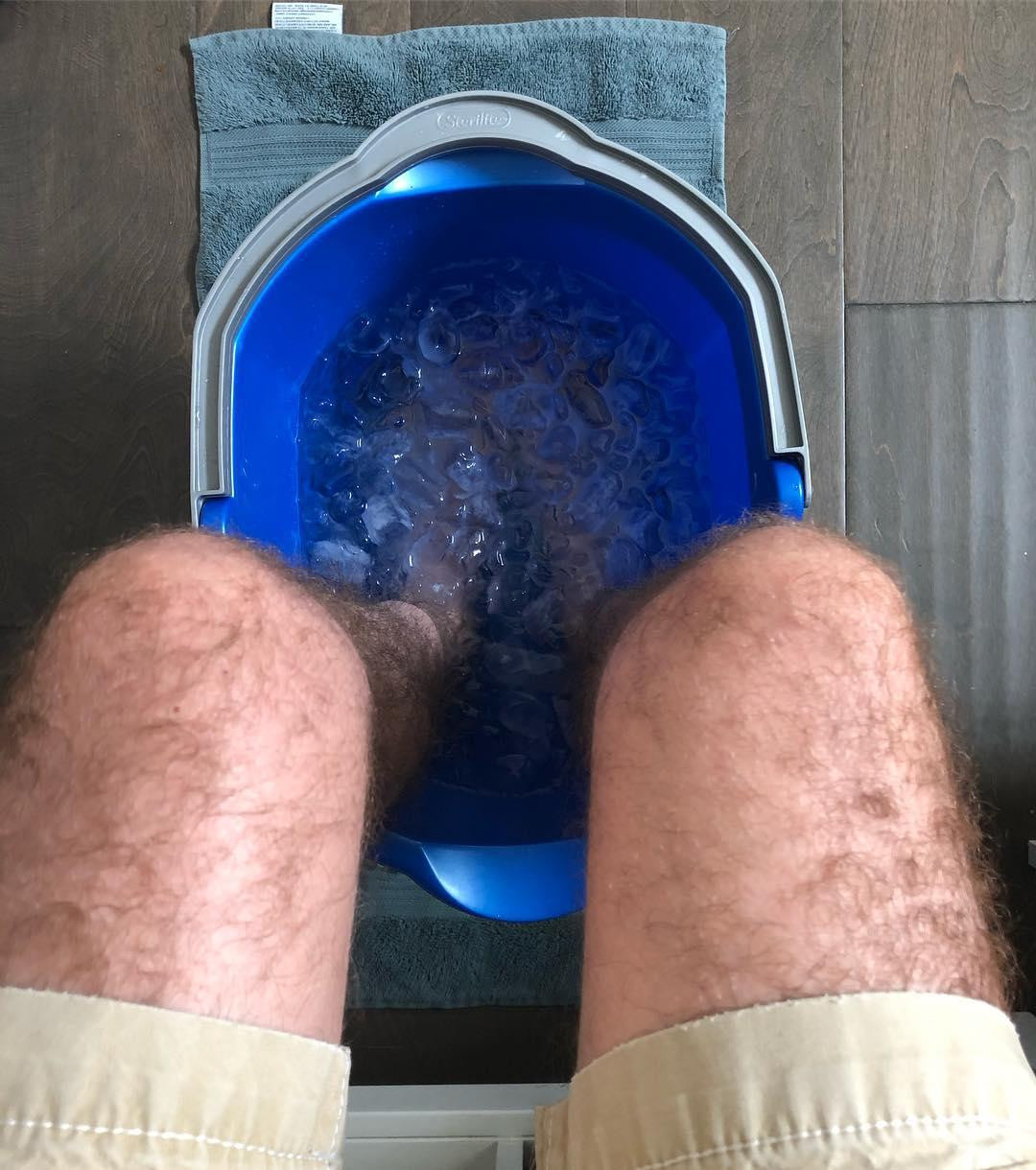 Image credit: @zachbushthefloridarunner
Image credit: @zachbushthefloridarunner
If you’ve seen or done the ice-bucket challenge, you’ll know that an ice bath is probably not the most comfortable thing to do. But many runners swear by it for relief and quicker recovery as it reduces swelling and inflammation.
But if an ice bath is too extreme for you, take a cold shower and sign yourself up for a sports massage to pamper your worn-out feet and body.
3. Increase your running distances weekly by a set percentage
Some of you might be thinking of running 21km for every training session just because you signed up for a 21km marathon. Well, that’s not how it works.
Think of the marathon as the final boss of your training adventure – it’s supposed to be a massive challenge, not a low-level slime you kill a few times to level up.
Because starting out hardcore might result in backlash such as muscle damage, Rui Yong advises to start training at least 1 or 2 months before the marathon and gradually increasing your training distance every week by a maximum of 10%. So if you’re starting out with 5km for the first week, you should not run more than 5.5km in the following week.
4. Maintain a steady running pace to conserve your energy
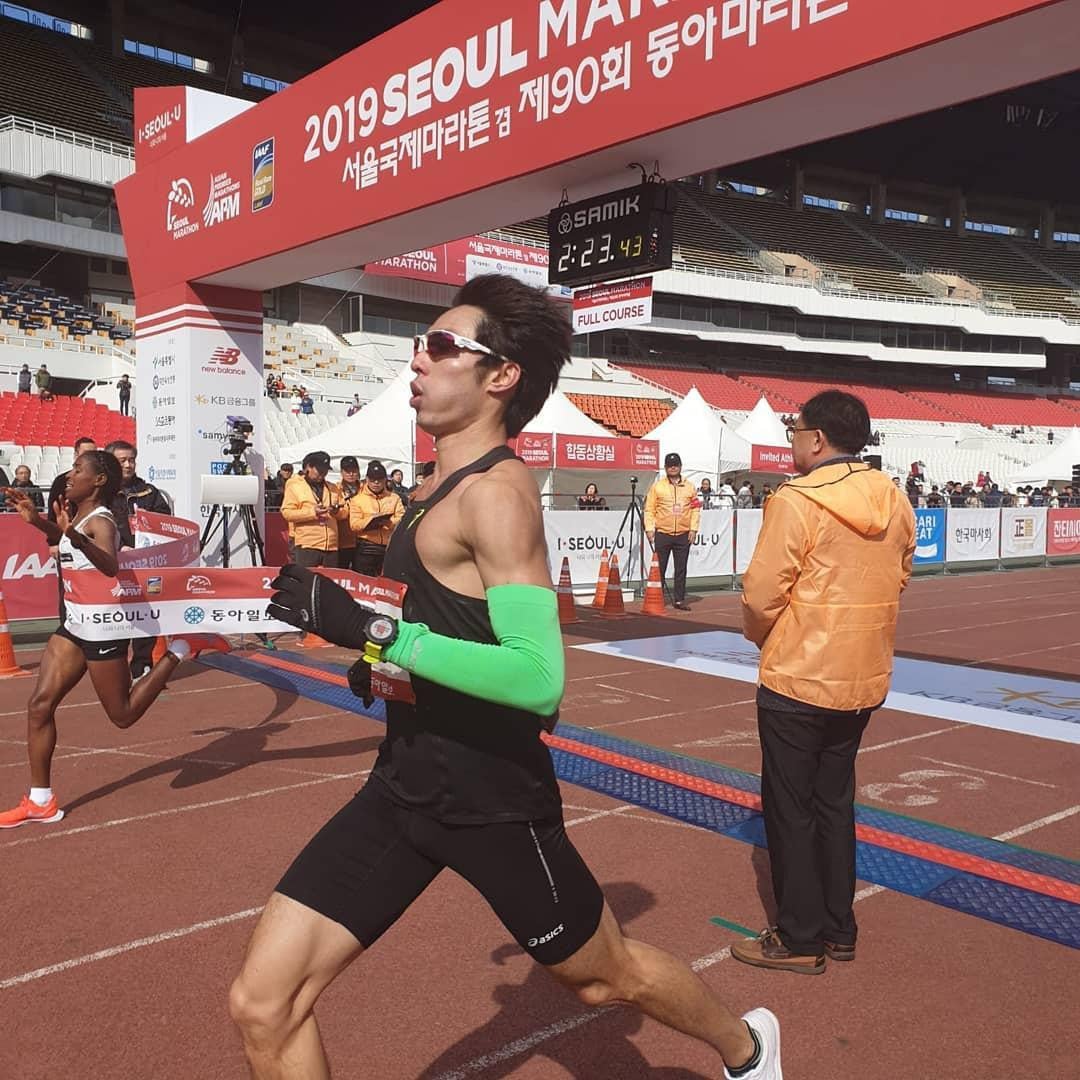 Seoul Marathon 2019
Seoul Marathon 2019
Image credit: @runsohfast
For many of us when we’re out for a run, we start out way too fast in order to get a headstart.
This is a common rookie mistake that can cause people to ‘burn out’ even before they’re halfway through the race.
Rui Yong mentioned that it’s better to start out slow and maintain a more comfortable pace so that you can conserve your energy and have enough to sustain yourself throughout the entire race. Psychologically, picking up your pace later on in the race allows you to catch up to people and that’ll boost your motivation to keep going!
5. Keep a relaxed posture while running
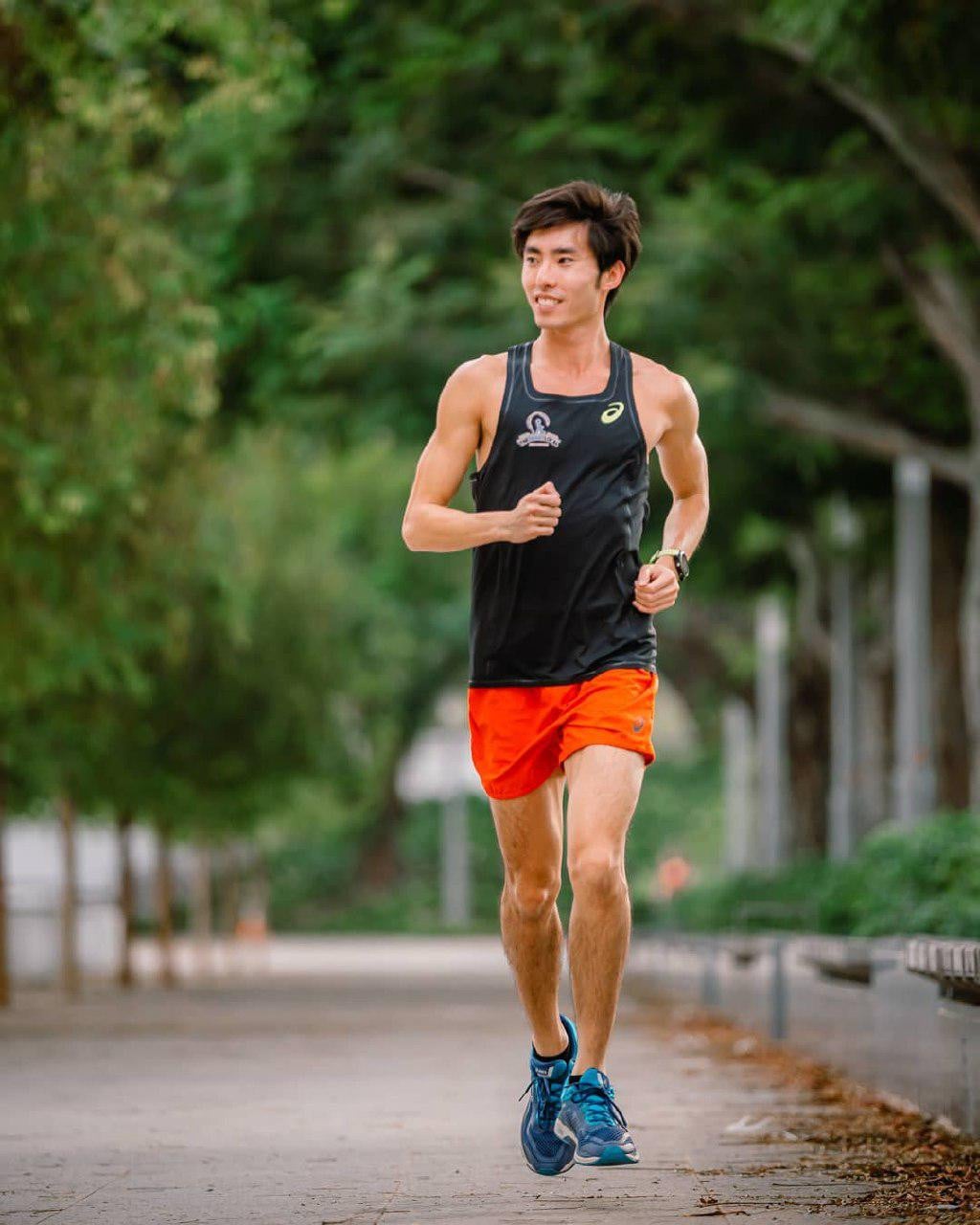 Image credit: @runsohfast
Image credit: @runsohfast
Just like how models need to maintain a certain posture while doing a catwalk, runners need to have good posture too!
According to Rui Yong, you need to relax your shoulders and elbows and straighten your upper body. Keep your steps light and avoid slamming into the ground to reduce the chances of muscle injury.
6. Work on strength and core training
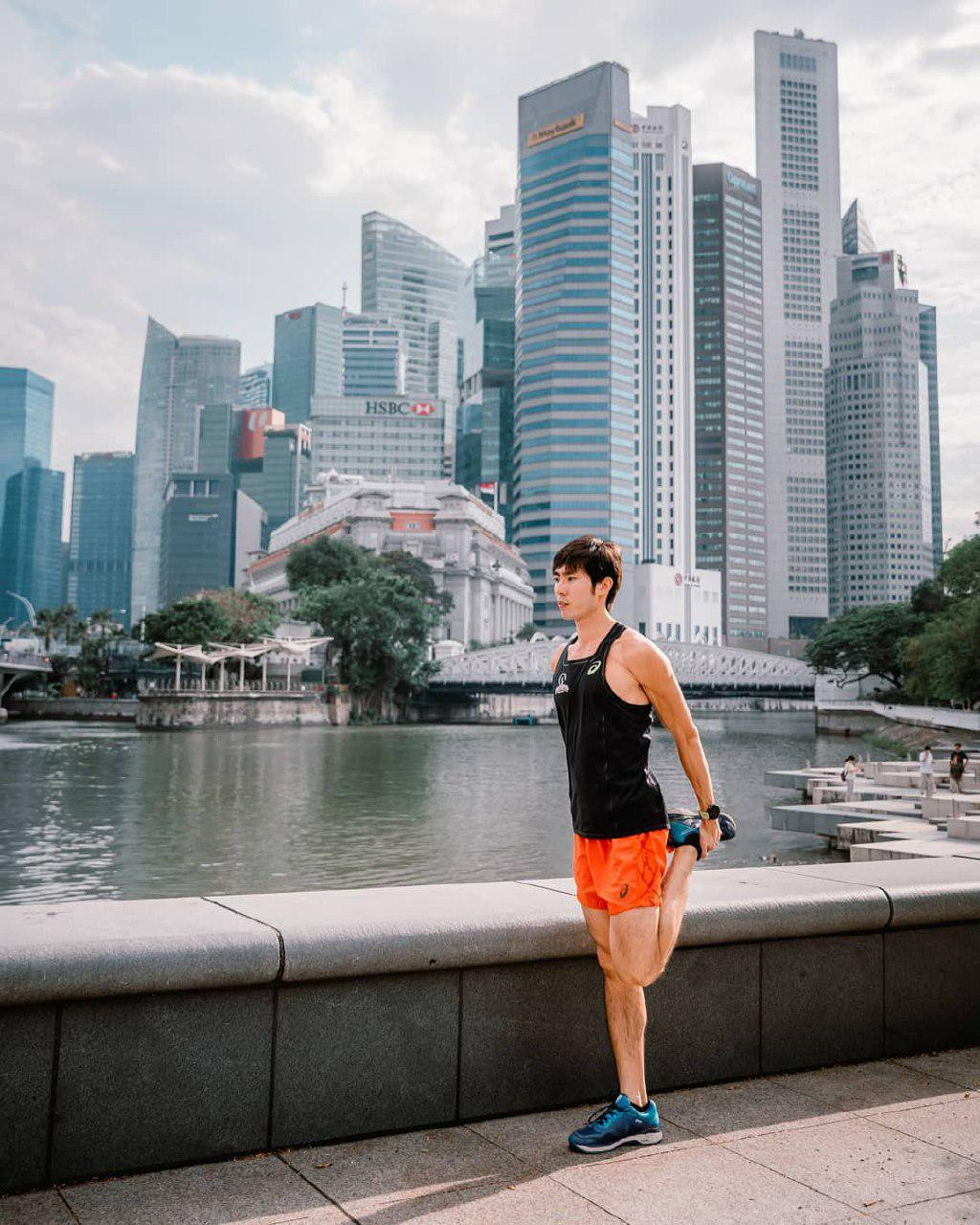 Image credit: @runsohfast
Image credit: @runsohfast
Rui Yong emphasised that we shouldn’t get tunnel vision when it comes to training. While you’ll only be running during the marathon, it’s not a good idea to neglect other parts of your body. Working on your core and strength is crucial to prevent injuries and to improve efficiency. Try simple workouts like planks, calf raises and squats to raise your stamina and power.
7. Choose an accessory to support your training
As we mentioned above, running a marathon is just like eating at an expensive buffet – strategy is involved, and you need to know how to pace yourself.
Rui Yong personally uses a sports watch. “It helps me track the distance I’ve covered in each training session, and I can check my average heart rate. That’s valuable information that helps me pace myself and plan better for my next run.”
If you can’t afford a personal coach to plan and support your training, a sports watch is the next best alternative.
Easy marathon training with the Garmin Forerunner 935
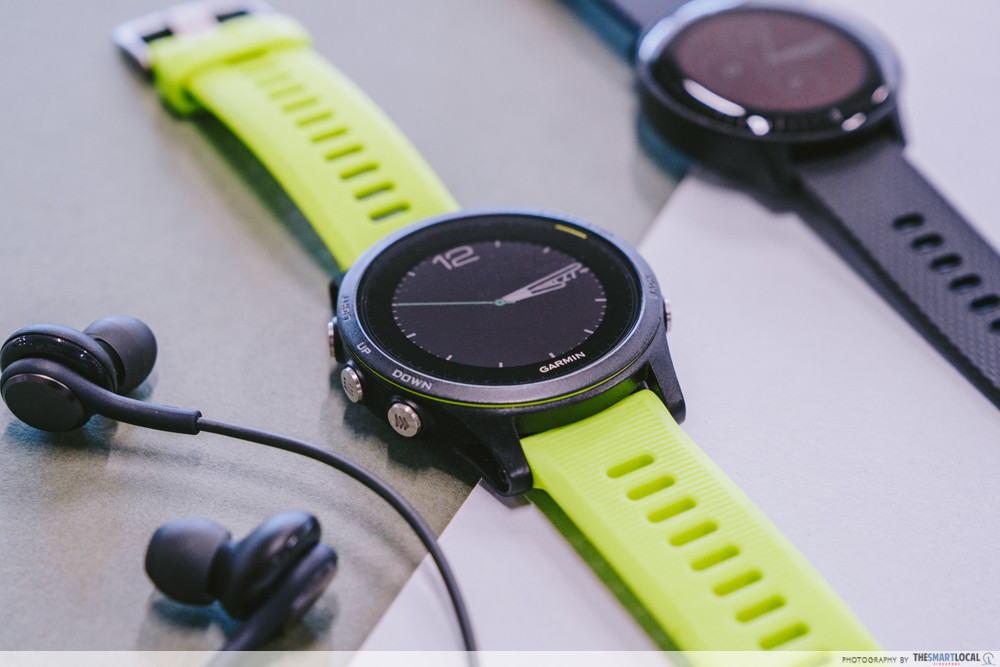
Many of us might be too intimidated by the thought of a marathon, but Rui Yong assures that it’s not as impossible of a feat that we all think it is. We’re not necessarily running to break a national record, so just think of it as a meaningful experience where you’ll get to train your fitness and flex that sweet Finisher tee after you’re done.
If you’re not sure where to start, getting a running companion like the Garmin Forerunner 935 can be a great investment. It’s a GPS sports watch that’ll support you and make your training life much easier. Plus, you won’t need to hire a personal coach since it provides:
- Detailed performance, training and recovery analysis
- Wrist-based heart rate
- Tracking in challenging environments with GPS and Glonass coverage
- Free training plans for total newbies via the Garmin Connect Mobile App
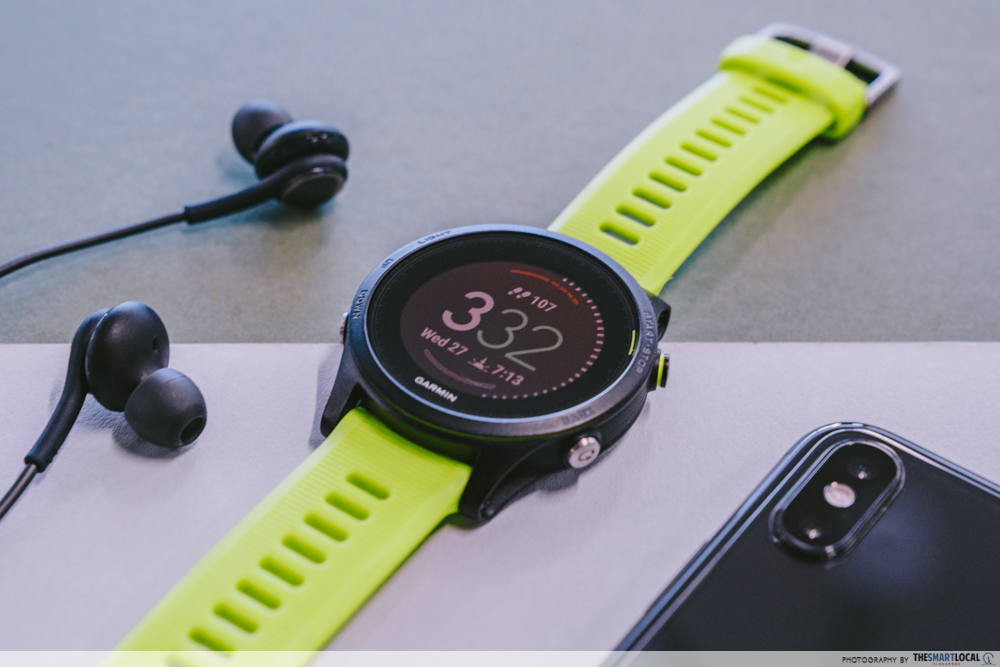
Well-known amongst avid sportsmen for good reason, many professional athletes swear by Garmin’s high-spec GPS watches. For those who are serious about training up for future marathons, a Garmin just might be what you need to get started.
Find out more about the Garmin Forerunner 935 here
This post was brought to you by Garmin and the Health Promotion Board. You can find Garmin on the HPB365 app and use the watches to earn step challenge rewards.